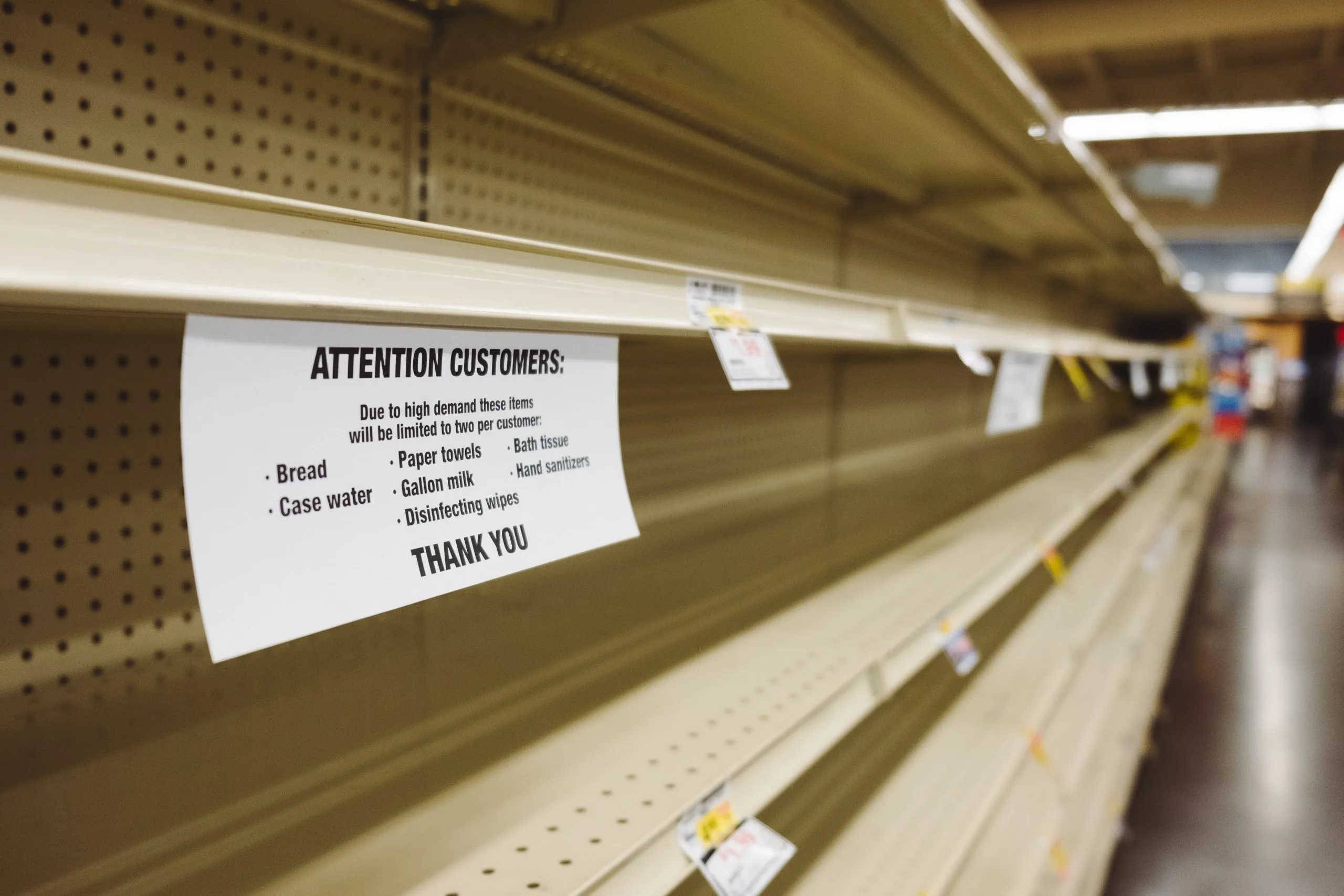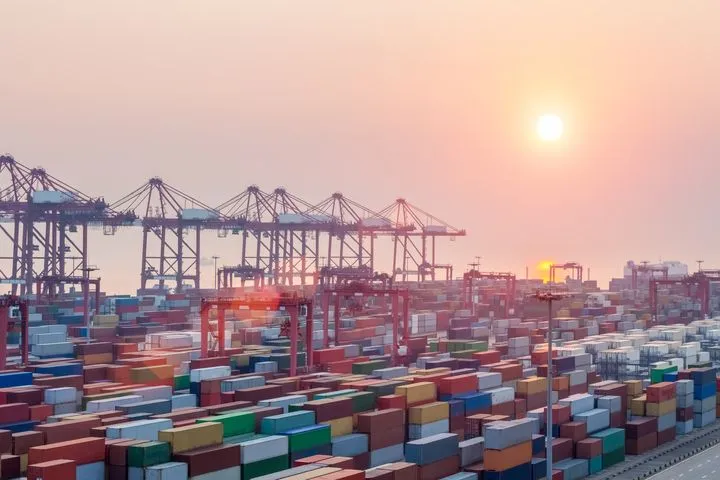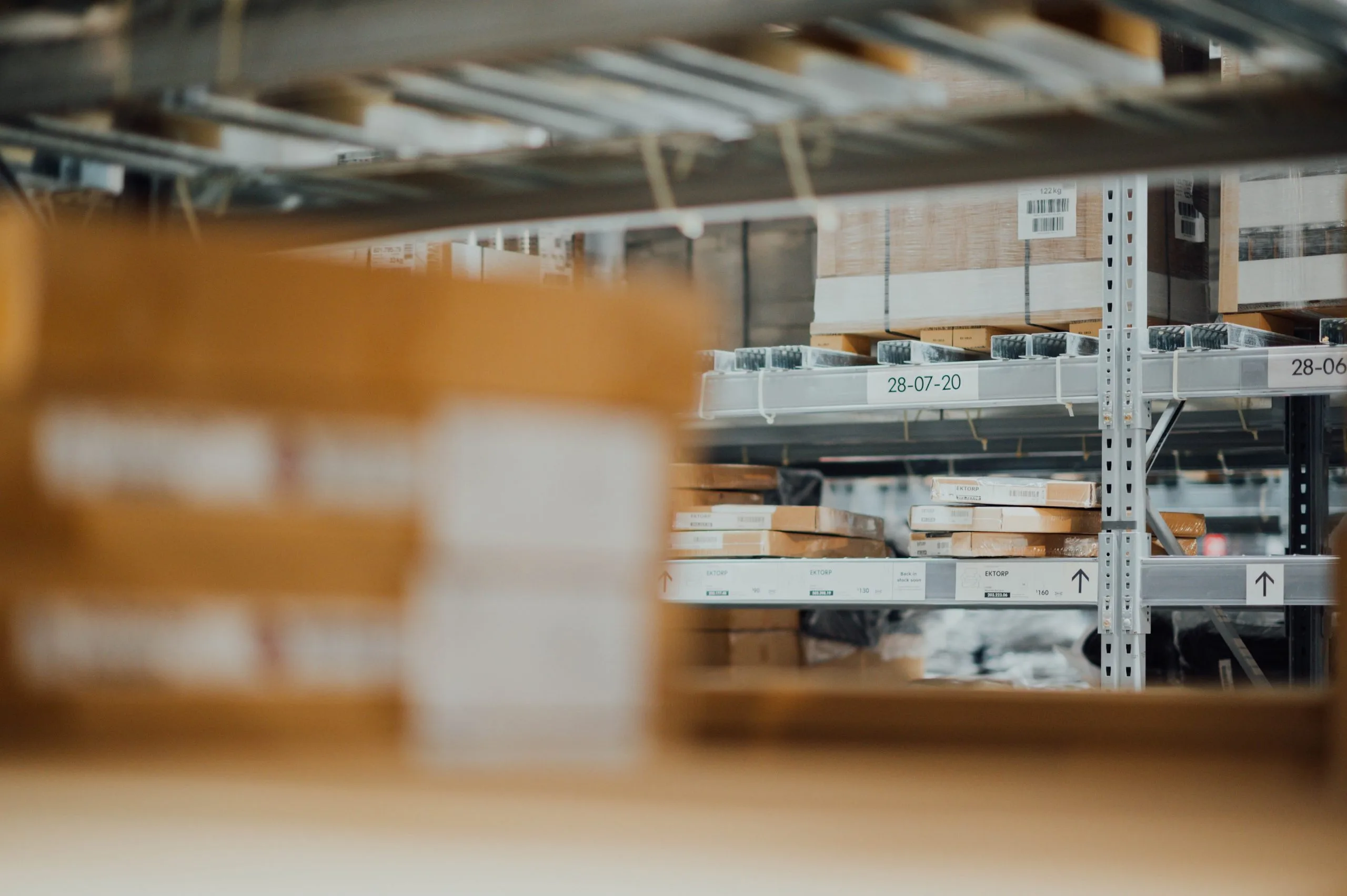All about inventory, replenishment and supply chain optimization
With Optiply’s blog, you'll always be stocked up on good ideas. We share the latest trends, strategies and insights for inventory management and purchasing optimization.
Always make the right purchasing decisions
Maintain control over your supply chain. Know exactly what, when and where to buy and always place the right orders to maximize revenue.
"We’re no longer prone to manual errors and miscalculations. Plus, I have an extra day a week not spent on purchasing."
.webp)
Martijn Janssen
Purchasing and Sales Manager, Fitwinkel






.webp)






